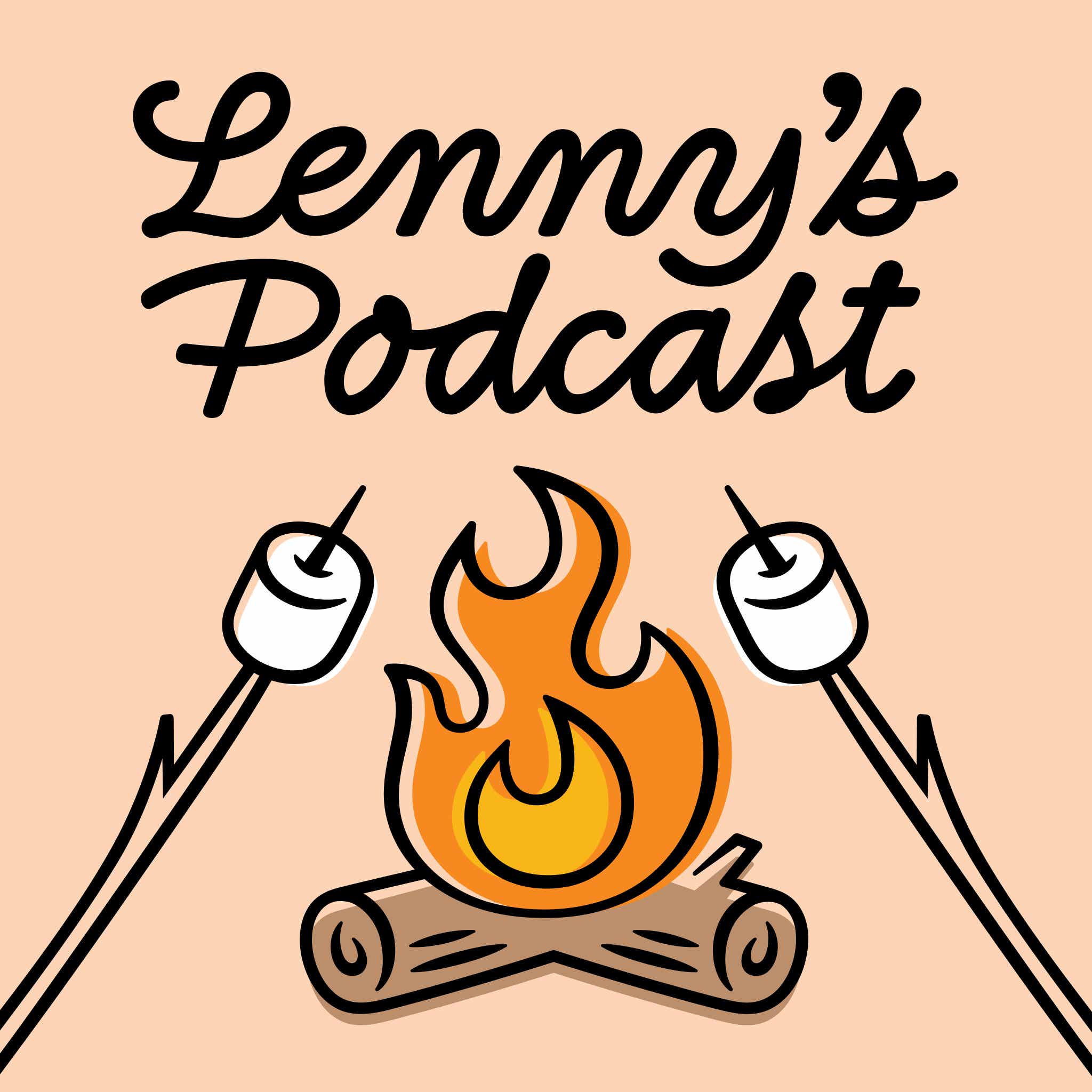Key Takeaways
- Product teams must align their work with business-critical outcomes to demonstrate value and avoid layoffs.
- The ’low-impact PM death spiral’ occurs when teams focus on minor features and cosmetic improvements, making high-impact work increasingly difficult.
- Product managers should act as facilitators, encouraging their entire team to think like a CEO and focus on business impact.
- Key steps to becoming an impact-first team include setting goals close to company objectives, maintaining impact focus throughout the product lifecycle, and connecting every task to tangible business outcomes.
- Embracing business constraints and understanding the company’s commercial realities can be a significant advantage rather than a limitation.
Segments
The ‘Mini CEO’ Mindset and Team Collaboration (~00:10:00)
- Key Takeaway: The product manager’s role is to facilitate the entire team in thinking like a CEO, rather than being the sole ‘mini CEO’ themselves, fostering a shared understanding of business impact.
- Summary: LeMay clarifies the ‘mini CEO’ concept, emphasizing that product managers should empower their teams, including engineers and designers, to adopt a business-focused perspective. This collaborative approach ensures that the team collectively drives towards business goals.
Understanding Business Value Exchange (~00:15:00)
- Key Takeaway: Product managers need to understand what success means for their specific business by examining funding models, business models, and market expectations.
- Summary: LeMay discusses how product managers can gain clarity on business expectations by looking at company goals, investor reports, and even town hall meetings. This understanding helps align team efforts with what truly matters to the organization.
The Low-Impact PM Death Spiral (~00:25:00)
- Key Takeaway: Focusing on minor features and cosmetic improvements creates a ‘death spiral’ where the product becomes complex and high-impact work becomes nearly impossible.
- Summary: LeMay uses the analogy of adding ‘rhinestones’ to a car to describe how teams get stuck doing low-impact work. This accumulation of minor changes makes the product harder to manage and innovate, perpetuating the cycle.
Three Steps to Impact-First Teams (~00:40:00)
- Key Takeaway: Teams can become impact-first by setting goals close to company objectives, keeping impact central at every stage, and connecting all work back to measurable outcomes.
- Summary: LeMay outlines three actionable steps: 1) Set team goals no more than one step away from company goals, 2) Maintain impact focus throughout the product lifecycle, and 3) Connect every piece of work to impact estimation, using the same units as the team’s goals.
Pushing Back and Navigating Trade-offs (~01:05:00)
- Key Takeaway: Effective product managers offer options and explain trade-offs rather than simply saying ‘yes’ or ’no,’ empowering stakeholders to make informed decisions.
- Summary: LeMay advises against direct confrontation when disagreeing with stakeholders. Instead, he suggests presenting well-reasoned options and recommendations, helping leaders understand the implications of their choices and fostering collaboration.
Finding Joy in Commercial Realities (~01:15:00)
- Key Takeaway: Viewing business constraints as opportunities and embracing curiosity, even when things are going well, leads to greater professional satisfaction and resilience.
- Summary: LeMay shares his observation that commercially-minded product managers are often happier. He encourages teams to remain curious, learn from successes, and see business realities as guides rather than obstacles, fostering a healthier work-life balance.
Key Takeaways from the Book (~01:25:00)
- Key Takeaway: The most impactful question a team can ask is ‘What’s one sentence you’d want to say at the end of the year that would leave you feeling awesome about this team’s work?’
- Summary: LeMay suggests this question as a way to uncover team alignment and focus on what truly matters. He also recommends ‘Radical Focus’ by Christina Wodtke and ‘The Wisdom of Insecurity’ by Alan Watts.
